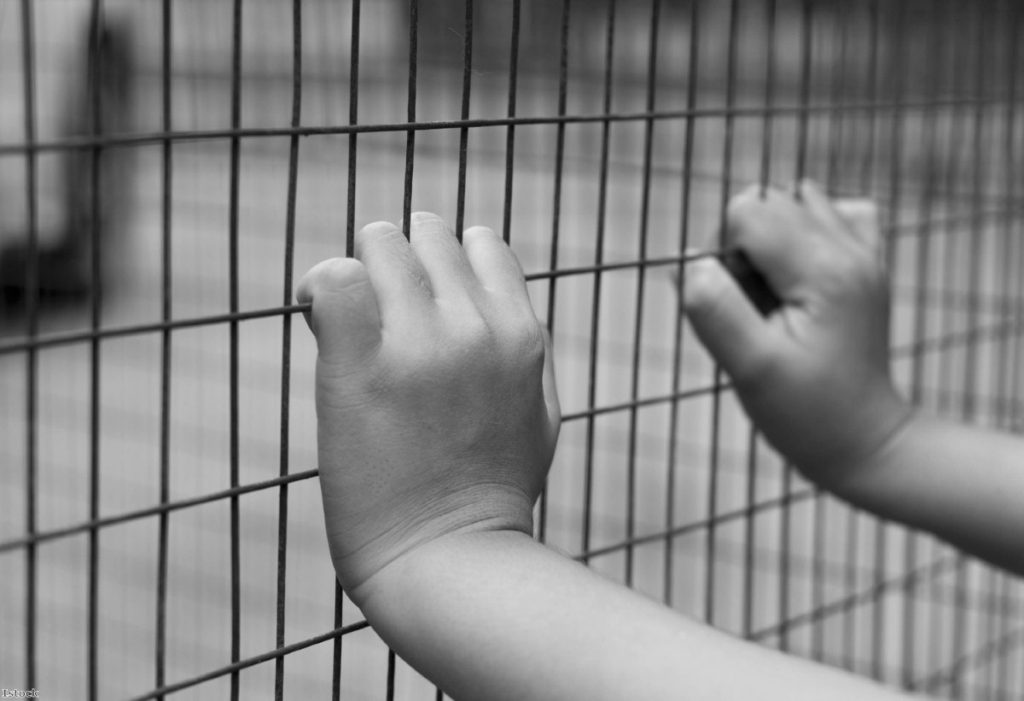One of the Coalition government’s first – and best – policies was to end the detention of children in immigration removal centres. But now it looks like May’s government is about to reverse that process.
A written ministerial statement today announced the closure of Cedars, a removal centre for families run by the charity Barnardo’s. Instead, the people who would have been sent there will be moved to a “discrete unit” at Tinsley House removal centre, near Gatwick.
Discrete or not, the children of those families will be back in an immigration detention centre.
On one level, the move is justifiable. Cedars had hardly anyone in it, which is one of the ironies of successful detention – if it’s going well, it’ll be used less. And it was very expensive indeed. The recent Shaw review into detention had suggested it be closed, or repurposed.


But regardless of cost or use, one thing is clear: children who had once been able to stay in a reassuring, unthreatening environment will now have a much worse experience.
Barnardos, who caught flack from some quarters for being involved in the detention estate, had gone to a lot of effort to make the centre look nothing like what it actually was. The praise was almost universal, even from those a bit squeamish about the compromises they'd made getting in bed with the Home Office. I have never read reports – of prisons or detention centres – as positive and gushing with praise as the ones written by the inspectorate about Cedars. Barnardos aren’t happy about the decision and won’t be transferring over to Tinsley House.
This isn’t happening in isolation. It’s part of a pattern.
Section 95 support, which offers £36.95 a week per person to families with children between failing an asylum claim and leaving the country or regularising their status, is being radically limited. Now that support will only be made available if they can show that there’s an obstacle stopping them from leaving the UK. That means no accommodation and no financial support for these children. No food and no roof over their heads. No medicines, or books or clothes.
Morally, it’s catastrophic. We are punishing children for the behaviour of their parents. But on a practical level it is completely counter-effective. By forcing families into destitution, by closing centres like Cedars, we are removing any incentive for these families to work within the system and engage with authorities. Instead, we encourage them to fall off the radar.
At best, it’s short-sighted. At worst it’s morally bankrupt.
Ian Dunt is the editor of Politics.co.uk
The opinions in politics.co.uk's Comment and Analysis section are those of the author and are no reflection of the views of the website or its owners

